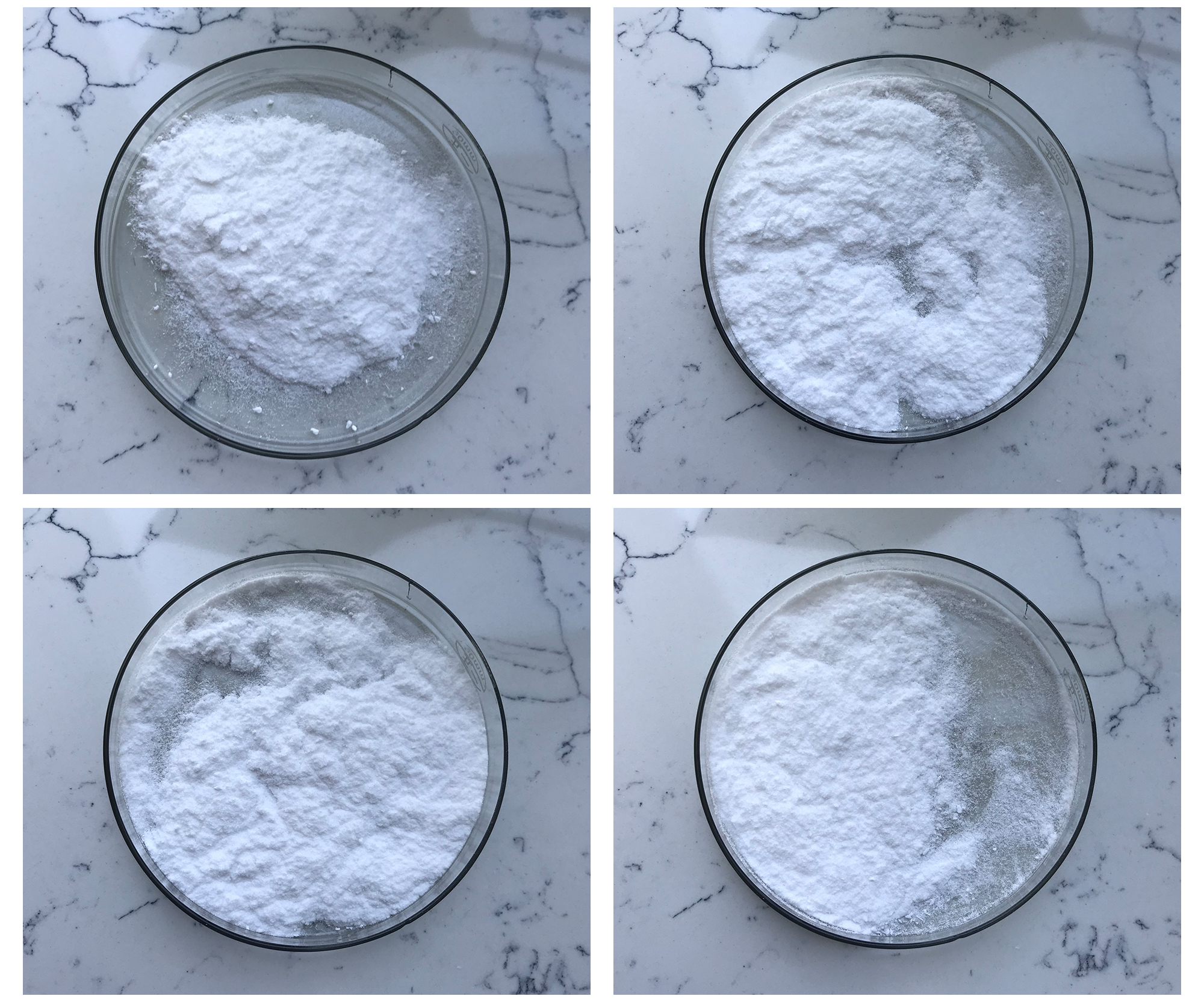Beta Arbutin is a glycosylated hydroquinone commonly used in skincare for its skin-brightening properties. Here’s an overview of its efficacy, side effects, and special considerations:
Efficacy of Beta Arbutin
- Skin Brightening: Beta Arbutin is known to inhibit tyrosinase, an enzyme involved in melanin production, which can help lighten hyperpigmentation and even out skin tone.
- Anti-Aging: Some studies suggest it may have antioxidant properties that can help protect the skin from damage and promote a more youthful appearance.
- Safety: Generally considered safe for topical use, it’s often better tolerated than some other skin-lightening agents like hydroquinone.

Side Effects of Beta Arbutin
- Irritation: While generally well-tolerated, some users may experience mild irritation, redness, or sensitivity, especially if used in high concentrations.
- Allergic Reactions: Rarely, allergic reactions may occur. It’s advisable to perform a patch test before full application.
- Photosensitivity: Although beta arbutin is less likely to cause photosensitivity compared to other agents, it’s still essential to use sunscreen during the day when using any skin-lightening products.
Special Considerations of Beta Arbutin
- Concentration: Look for products with a concentration of around 1-2% for effective results without excessive irritation.

- Combination with Other Ingredients: Often combined with other brightening agents (like vitamin C or niacinamide) for enhanced effects.
- Sun Sensitivity: It can increase sensitivity to the sun, so applying sunscreen during the day is crucial.
- Pregnancy and Nursing: It’s best to consult a healthcare provider before using products with Beta Arbutin during pregnancy or while nursing, as safety studies are limited.
Overall, Beta Arbutin can be a beneficial addition to a skincare routine aimed at brightening the skin, but it’s essential to consider individual skin types and sensitivities.
